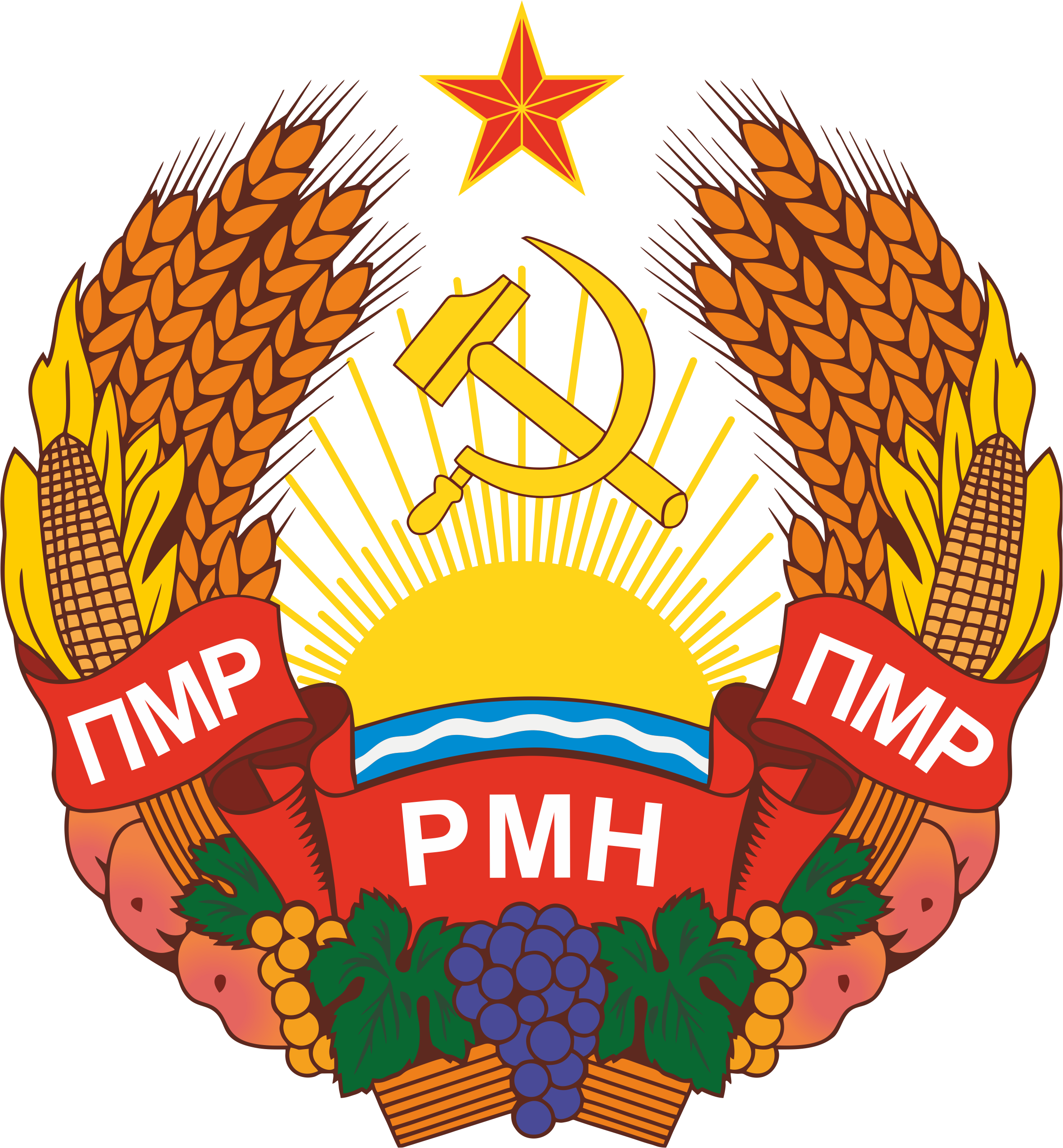Комитет по законодательству, правоохранительным органам, обороне, безопасности, миротворческой деятельности, защите прав и свобод граждан
Social networks are increasingly showing footage of violence and cruelty, mainly of teenagers. Beatings and abuse of people or animals are put on display. Such crimes are committed for the sake of a large number of views on the Internet in fact and such videos demoralize modern society in general. Footage of humiliation of a person, posted for public viewing, often drives him to suicide. Deputies of the Supreme Council called for stopping such online bullying and protecting the honor and dignity of the individual. Galina Antyufeeva, Oleg Petrik and Valery Babchinetsky initiated legislations to amend 4 laws. The authors' idea was supported in the course of the meeting of the Committee on Legislation, Protection of Citizens' Rights and Freedoms.
The Criminal Code proposes to classify public demonstration of a deliberate crime, including in the media and on the Internet, as an aggravating circumstance for such a deliberate crime. Publicity will be applied as a qualifying feature to many crimes: murder, incitement to suicide, causing harm to health, threatening to murder or cause serious harm to health, etc. In other words, if a beating is filmed on video, which is then posted on the Internet, then the person who inflicted the beating will face a harsher punishment, for example.
The Code of Administrative Offenses proposes to prescribe liability for the illegal distribution in information and telecommunications networks, including the Internet, of photos and videos containing:
- illegal acts committed with cruelty;
- the consequences of such acts;
- calls for crimes motivated by greed, hooliganism, or racial, national or religious hatred or enmity, or hatred or enmity towards any social group.
A fine with confiscation of the subject of the administrative offence (for example, a telephone or other recording device) has been proposed for disseminating such photos and videos:
- for citizens in the amount of 200 to 250 minimum wages (3680 - 4600 roubles);
- for officials - from 250 to 300 minimum wages (4600 - 5520 roubles);
- for legal entities - from 350 to 450 minimum wages (6440 - 8280 roubles).
Exception: according to the law-in-draft, the punishment does not apply to works of science, literature, art that have historical, artistic or cultural value, materials of registered mass media, as well as photo and video materials intended for use in scientific or medical purposes, or the study of which is provided for by state educational standards and educational programs.
It is proposed to supplement the Law "On the Protection of Children from Information Harmful to Their Health and Development". According to the deputies, information prohibited for distribution among children should include information that:
- insults human dignity and public morality;
- expresses obvious disrespect for society;
- contains actions with signs of illegality, including violence;
- is distributed out of hooligan, selfish or other base motives.
The authors note that the uncontrolled distribution of such information can cause enormous harm to the normal development of children in the explanation of the law-in-draft.
Deputies consider that access to such information should be restricted. It is proposed to this end to add a provision to the relevant law "On Information, Information Technologies and Information Protection" to restrict access to information resources that disseminate information that offends human dignity and public morality, expresses obvious disrespect for society, contains images of actions with signs of illegality, including violence, and is distributed for hooligan, selfish or other base motives.
Similar measures to combat distributors of cruelty on the Internet are already in place in Russia. The State Duma adopted legislations that recognize the commission of an intentional crime with a public demonstration on social networks as an aggravating circumstance in July 2024. Trash streams are prohibited at the legal level and fines are introduced for the illegal distribution of photo and video materials on the Internet demonstrating cruelty and for calls for their commission. A video shot on a phone was spread recently on the Internet in Pridnestrovie, showing teenagers beating up pensioners; a video of a seventh-grader being beaten appeared in May last year, and in October 2024, there was a sensational story about the beating of a school janitor. These are only the cases that received wide publicity, including in the media.
The Supreme Council will consider the parliamentary legislations on the protection of the honor and dignity of the individual in the first reading in the near future.




 Законы ПМР
Законы ПМР Постановления
Постановления Законопроекты
Законопроекты Анонс мероприятий
Анонс мероприятий 0 (533) 6-24-24
0 (533) 6-24-24